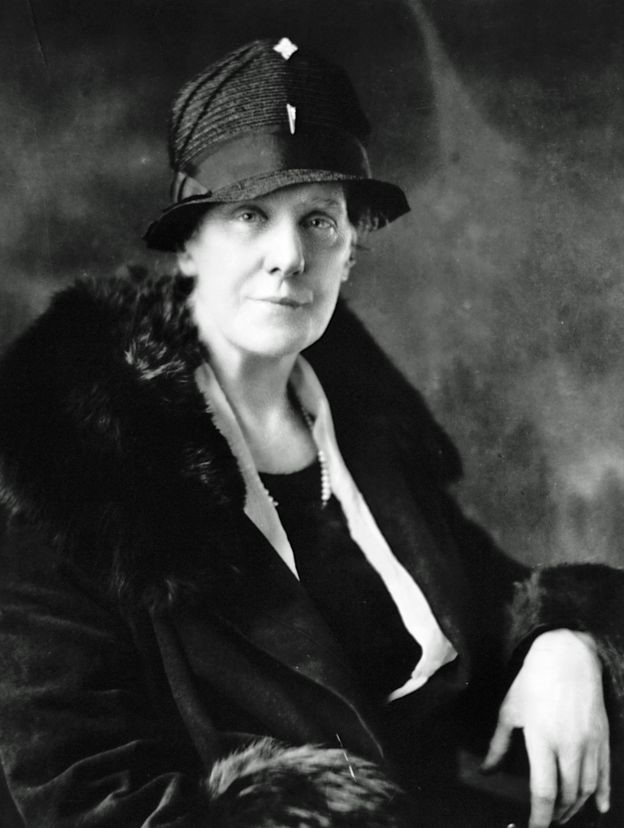It’s Mother’s Day this Sunday May 8 and the whole world (well maybe not the whole of it, but if sure feels like so) will be extolling the virtues of their mother. It’s been a ‘long-standing’ tradition in Ghana to observe and celebrate the days with goodies and greetings. The day always falls on a Sunday and some churches have joined in the fray of observing the day with a symbolic gift – I have received chocolates in my church on Mother’s Day.
If you looked up Mother’s Day online, you would notice there are 2 different days that the day is observed. In the US, Mother’s Day is celebrated on the 2nd Sunday in May – this is the one that we also celebrate in Ghana. The other one – celebrated in the UK- is observed on the 4th Sunday of Lent (a Christian season of reflection and preparation before Easter). Whilst the US one celebrates mothers, the UK one started out as a day that people who had travelled away from their home return to their ‘mother church’, i.e., where they were baptized. Today in Great Britain (capital of the UK), the term ‘Mother’s Day’ has crept into their lingua as a replacement for Mothering Sunday, buckling under the American influence – but the day it’s observed in the UK remains in the Lent season.
It’s evident that the UK’s Mothering Sunday stems from the Christian religion, but the same cannot be said of the US version, which Ghana also celebrates.
Here are 5 fun facts about Mother’s Day
- Humble beginnings: it started out as a day for women who were mourning fallen or slain soldiers (probably as mothers of those soldiers or their wives who had children with them) in the 1800s. Definitely a sombre affair
- First Mother’s Day: the creator of the day in the US, Anna Jarvis fought for the rightful name of the day to be acknowledged. Her mother had always wanted a holiday as such, and so after her death Anna led a movement for the commemoration of such a day. Anna Jarvis never had children of her own, but the 1905 death of her own mother inspired her to organize the first Mother’s Day observances in 1908.
- Mother’s or Mothers’ Day: Anna Jarvis insisted that the day was for each family to celebrate and honour its own mother, and not a global celebration commemorating all mothers. Therefore, her singular possessive spelling as “Mother’s Day” was the right one and not the plural possessive “Mothers’ Day.
- Commercialisation of Mother’s Day: Anna Jarvis took a strong disliking to how her noble idea of spending time with and honouring one’s mother had turned into a money-making venture. She was known to have stormed fundraising activities which others organised supposedly in honour of mothers, in an attempt to stop them, She fought card companies by publicly shaming people who bought cards for their mothers as being ‘too lazy to write a letter to their own mother’.
- Anna Jarvis lost everything: In fighting to protect the ‘sanctity’ of her original idea, Anna filed suits against companies and individuals to stop them from commercializing and profiting from Mother’s Day. She spent all her money and inheritance in doing this. She rejected (financial) offers from florist shops and companies and went broke in pursing her mission: to stop the profiteering of Mother’s Day. She was unsuccessful in this cause and dies at the age of 84, penniless and in a sanitorium- it was rumoured that card companies paid for her upkeep in the sanitorium until her demise; the irony of it all.
I admire and respect Anna Jarvis’ resilience in the fight to honour and keep what she created and believed in. Mother’s Day shouldn’t just be about buying expensive gifts and dining in expensive restaurants. It can be celebrated by doing something as simple as letting your mother ‘take the day off’ on Mother’s Day – offer to do (or get someone to help you) all the work she would have done on the day. Trust me, she will appreciate it.
*Sources – National Geographic/Wikipedia










